 The web world discussion is preoccupied this week with news that Rupert Murdoch & Fox corp. are threatening to pull all of their content from Google's index, and to fuel the fires Microsoft is rumored to be offering a bounty for the exclusive rights if they do. Here's what I think:
The web world discussion is preoccupied this week with news that Rupert Murdoch & Fox corp. are threatening to pull all of their content from Google's index, and to fuel the fires Microsoft is rumored to be offering a bounty for the exclusive rights if they do. Here's what I think:Unless most of the world is going to pull their business from Google, this isn't going to work for Fox. No one in the "fastest to the newest story" business is going to be able to charge readers, since there's too much competition. Most of the news from Fox news sources that users are finding on Google is going to be easily found at another source. And even if it's something proprietary to a Fox source, most likely thousands of free bloggers will be writing about it and pointing to it, so searchers would find their way to Fox's content through Google via an alternate (albeit circuitous) path. It's the same reason NYTimes.com turned off their pay wall- in this world of endless news content there's no room for a full subscription, and enabling users to discover your content is key.
So what should Fox do? They should invest heavily in distributing their content through social media, making it easily shareable & social, and monetizing the leads that come in. Twitter & Facebook leads are paying huge dividends for content producers. Clearly, social media and peer recommendation are going to play just as big a roll, if not bigger, in search in the next decade. Plus, readers are clicking through on recommended articles more often because Twitter links don't give as much summary as some search results. Maybe Fox could take a cue from NYTimes.com, who packages incoming leads from various sources and sells them to sponsors; advertisers can be the sponsor, for example, for any reading session on NYTimes that came from a Digg'd article or a Facebook brand page link.
They can also pursue freemium models where they offer deeper, less timely content similar to how GigaOm is selling long form content at a premium and playing the page views / ad game with their smaller more rapid posting. They could provide a better reading experience too, like how the NYTimes is selling it's access via TimesSelect.
Meanwhile, Microsoft is being terrible for even entertaining this, and I believe it would cost them in the long run. Unless they can cause such a stir in the information landscape that it alters the dynamic of information discovery, they'll ultimately lose out incrementally for every bit they invest in purchasing traffic rather than investing in forward-thinking products (for example: launching Bing itself was a forward-thinking product and it did more for their search traffic than any of their deals, be it of the cash-back kind of the yahoo kind). And if for some reason the information search landscape became about making deals across the board, they'd lose at least as many as they won, putting them back where they started. Not to mention, they've finally been gaining some brand credibility back with the Zune HD and Windows 7- making the web confusing and complicated for consumers is just going to make them look more like the big bad wolf they've often been known to be (or as Gizmodo would put it, like Montgomery Burns).




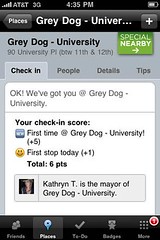
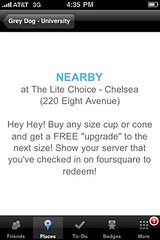
![Reblog this post [with Zemanta]](http://img.zemanta.com/reblog_e.png?x-id=bada898e-6972-4ef2-a4d5-f1788c40f998)
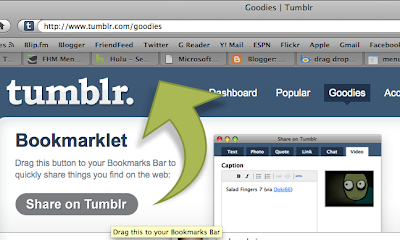






![Reblog this post [with Zemanta]](http://img.zemanta.com/reblog_e.png?x-id=13bf4d97-d078-45b2-a781-fbb49707ca65)

![Reblog this post [with Zemanta]](http://img.zemanta.com/reblog_e.png?x-id=3ba30d6d-6411-40ad-a753-45a05fb9b82d)
![Reblog this post [with Zemanta]](http://img.zemanta.com/reblog_e.png?x-id=5b04eef6-bf93-4c02-bb01-c2c15bcaf8f6)

![Reblog this post [with Zemanta]](http://img.zemanta.com/reblog_e.png?x-id=c6fc8967-2ce0-4787-90db-016b74cac8a8)

![Reblog this post [with Zemanta]](http://img.zemanta.com/reblog_e.png?x-id=bf63cea1-afa4-4b80-b276-79b42ee4257b)

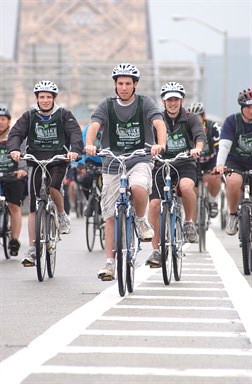










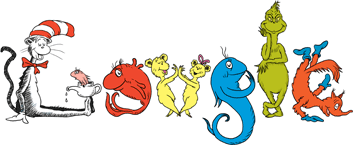


![Reblog this post [with Zemanta]](http://img.zemanta.com/reblog_e.png?x-id=abeb1b01-d474-4b31-ad9d-ed3838461765)
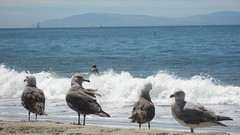
![Reblog this post [with Zemanta]](http://img.zemanta.com/reblog_e.png?x-id=2eac48ac-8340-4ae1-8eb3-34d138f4e82c)
![Reblog this post [with Zemanta]](http://img.zemanta.com/reblog_e.png?x-id=5b009d27-40ef-4702-bbf4-1371bff15aad)